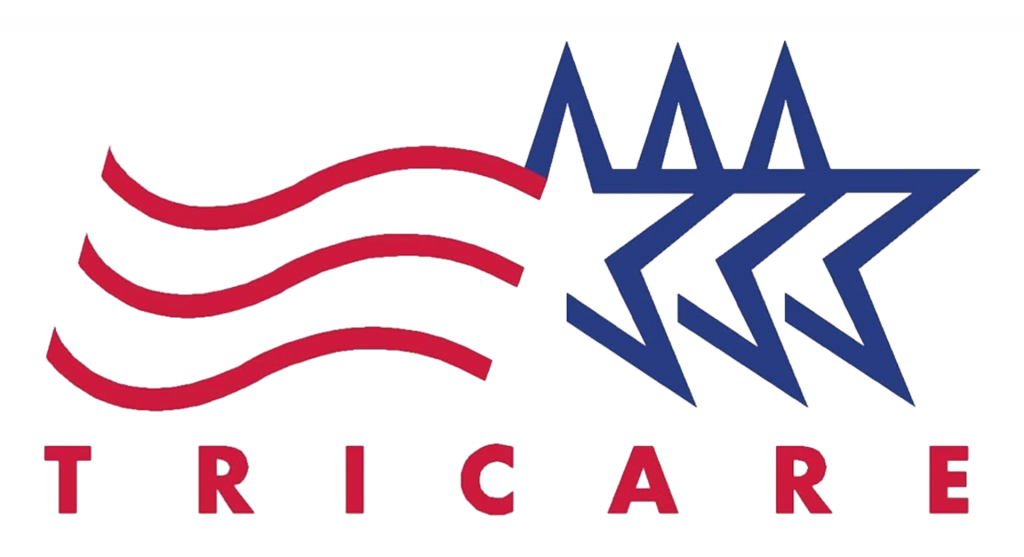
When someone is diagnosed with any form of depression, such as major depressive disorder, the standard treatment option first provided is typically a combination of psychotherapy and antidepressant medication, like SSRIs or SNRIs. For most people, antidepressants are effective in treating depression symptoms, and they experience significant improvement or full remission. They may even be able to stop taking their medication after a psychiatrist sees marked improvement over a long period of time.
While antidepressants are effective for many, this isn’t the case for everyone. Approximately one-third of individuals who try an antidepressant don’t experience relief. Typically, a physician will change the dosage or prescribe a different medication, but the unfortunate truth is that each new antidepressant is less likely to be effective than the last. When an individual doesn’t have a significant improvement after taking antidepressants, this is referred to as treatment-resistant depression, or TRD. It can also be called treatment-refractory depression.
While it is not a clinical diagnosis, treatment-resistant depression is a term used in clinical psychiatry to identify an individual diagnosed with depression who has tried an evidence-based talk therapy in conjunction with an antidepressant for at least two months. Sometimes, cases of TRD are referred to by specifying the medication that the individual is resistant to, such as SSRI-resistant or SNRI-resistant.
The exact definition of treatment-resistant depression is still debated among experts, so you may find conflicting information when trying to determine if you have TRD. Some clinicians require an individual to try two antidepressants from different classes, or up to four different treatments before giving a label of treatment-resistant depression. Some may only consider an individual to be treatment-resistant if they show no improvement at all, while others consider an individual treatment-resistant if they don’t experience full remission from their medication.
The exact definition of TRD isn’t important when it comes to finding relief. If you think you may have treatment-resistant depression, ask yourself these questions:
If your answer to any of the above questions is yes, you may be dealing with TRD. Whether or not a physician would consider your depression as “treatment-resistant”, your experience with antidepressants is a key indicator of the types of treatment that may work best for you. Additional signs of TRD can include:
There is no specific cause for treatment-resistant depression or any way to tell if someone will develop TRD. However, there are a number of factors that can increase one’s risk of developing depression that is resistant to medications:
Contrary to what the name suggests, there are many treatment options for individuals with treatment-resistant depression and techniques to manage the disorder.
If an antidepressant isn’t effective, a physician will typically propose trying a different type of medication, increasing the dose, or using a combination of medications before giving a diagnosis of treatment-resistant depression. However, if antidepressants are still not effective, there are a number of alternative treatment options that are evidence-based and highly effective for individuals with TDR. These treatments are almost always recommended as complementary treatments to a form of psychotherapy, such as CBT, ACT, DBT, group therapy, or mindfulness.
TMS is a non-invasive brain stimulation process that triggers neural activity with magnetic pulses. This treatment is FDA-approved and is extremely effective for treatment-resistant depression. Side effects of TMS can include feeling a knocking sensation or scalp sensitivity during treatment, as well as mild headache that subsides within a few hours. At Bespoke Treatment, we specialize in Express TMS, an optimized form of transcranial magnetic stimulation that can treat depression with just 3 minutes per session.
Ketamine is a relatively new alternative medication for depression that is extremely safe and can trigger lasting changes in brain chemistry that lead to long-term relief from depression symptoms. It is highly effective for TRD because it interacts with the brain differently from traditional antidepressants. The esketamine nasal spray, Spravato, became FDA-approved for depression in 2019. We offer multiple forms of ketamine administration at our clinics, including intravenous infusions, Spravato, intramuscular injections, and rapid-dissolve tablets.
Neurofeedback or biofeedback is another alternative treatment option for TRD. Biofeedback is a non-invasive process that helps the patient learn how to regulate their own brain waves. By monitoring brain activity in real time, individuals can receive feedback based on the brain waves they produce and can learn how to control their brain waves on their own in response to different feelings and stimuli.
Individuals dealing with long-term forms of depression are typically advised to make certain lifestyle changes or develop habits to help manage depression symptoms. These can include physical activity, maintaining a regular sleep schedule, healthy eating habits, avoiding drugs and alcohol, and establishing a strong social network or support system. Many individuals may decide to postpone important life decisions during recovery, such as changing jobs, getting married, or getting divorced.
ECT is an alternative option for severe cases of treatment-resistant depression in which electrical impulses are administered to the brain. During ECT, the patient is given muscle relaxant and anesthesia. Side effects of ECT can include disorientation, confusion, and memory loss. Despite its bad reputation, ECT is much more safe and effective now with modern advances in ECT devices and methods. We do not offer ECT at Bespoke Treatment.
At Bespoke Treatment, we employ a holistic approach to mental health treatment. To start, we conduct a thorough evaluation of your symptoms, overall health, and lifestyle to confirm your depression diagnosis. We then create a customized treatment plan to suit your needs and get you on the road to recovery.
At Bespoke Treatment, we employ a holistic approach to mental health treatment. To start, we conduct a thorough evaluation of your symptoms, overall health, and lifestyle. We then create a customized treatment plan that is tailored to your specific goals and needs to alleviate your symptoms and restore your health and wellness.
We offer FDA-approved and alternative treatments for depression if the traditional approach hasn’t worked for you. If you have experienced side-effects from medication, or just haven’t found the relief that you desire, we have a variety of innovative, short-term options for you, including transcranial magnetic stimulation and ketamine therapy.
The alternative treatment options we offer, such as TMS and ketamine infusions, are also applicable to other mental disorders. For instance, if you suffer from anxiety, OCD, or PTSD, we want you to know that our treatment methods show promise for those conditions as well.
Call Bespoke Treatment or request a consultation online today for expert, personalized treatment for your depression.









